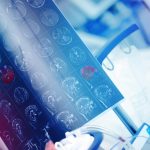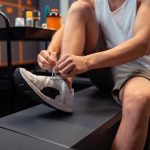
Despite recent concerns that taking Ozempic, Wegovy or other GLP-1 medications might be unsafe before a surgery, a new review has uncovered no such danger. The issue arose because weight-loss drugs slow gastric emptying. The thought was that food might linger in the stomach so patients might be at higher risk of aspirating food particles and choking while under anesthesia. But a new review of data from 15 randomized studies found only a minimal change in gastric emptying among GLP-1 users, not enough to pose any danger during surgery. “While GLP-1 medications affect gastrointestinal tract motility [movement], their quantified impact may not be as significant as previously assumed,” said study senior author Dr. Walter Chan. “It appears safe to continue these medications before a procedure requiring anesthesia or sedation, with minor precautions like abstaining from solid food for a day to minimize any potential risk of aspiration,” said Chan, who directs the Center of Gastrointestinal Motility at Brigham and Women’s Hospital in Boston. His team published its findings in the June issue of the American Journal of Gastroenterology. As the researchers explained, guidelines around GLP-1 use prior to a surgery are mixed. The American Society of Anesthesiologists recommends that patients stop taking GLP-1 medications for up to a week before elective surgeries and procedures. On the other hand, the American Gastroenterological Association suggests proceeding with… read on > read on >


















